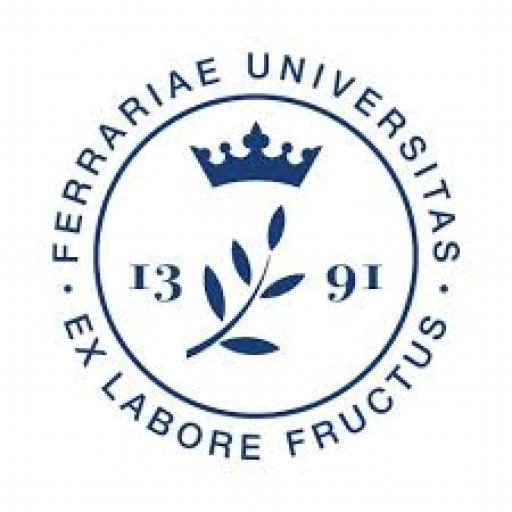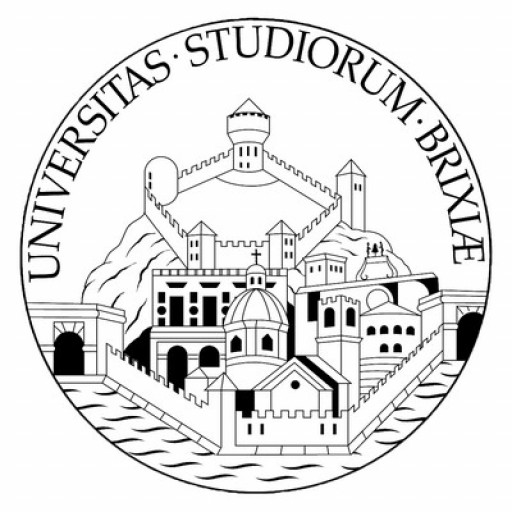Photos of university / #universitycollegedublin
Program Description:
The Master of Philosophy in Mind, Language and Knowledge at University College Dublin offers a comprehensive and in-depth exploration of the fundamental questions surrounding human cognition, language, and epistemology. This interdisciplinary programme is designed for students who wish to engage critically with the scientific, philosophical, and linguistic aspects of mind and knowledge. Over the course of the programme, students will acquire advanced knowledge of key theories and methodologies in philosophy of mind, linguistics, cognitive science, and related fields, preparing them for further academic research or careers in areas such as education, policy, or industry.
The MPhil programme emphasizes both theoretical understanding and practical skills through a combination of core modules, optional courses, and original research. Students will engage with topics such as the nature of consciousness, the relationship between language and thought, the structure of knowledge, and the scientific investigation of human cognition. The curriculum features lectures, seminars, and workshops led by leading experts, fostering a dynamic and interactive learning environment. Through supervised research projects, students will have the opportunity to develop their own research interests, culminating in a thesis that contributes meaningfully to current debates in philosophy, linguistics, and cognitive science.
The programme is suitable for students holding a relevant undergraduate degree who are eager to deepen their understanding of mind and language. It aims to develop critical thinking, analytical skills, and research competence, enabling graduates to pursue PhD studies or careers in academia, research institutions, media, or public policy. The MSc's collaborative environment encourages intellectual engagement and interdisciplinary exchange, making it an ideal place for those passionate about exploring the complexities of human thought and communication. Graduates of the programme will be well-equipped with the conceptual frameworks and research skills necessary for addressing some of the most pressing questions about human nature and knowledge in contemporary society.
The MSc in Mind, Language and Knowledge at University College Dublin offers a comprehensive exploration of the fundamental questions surrounding the nature of the human mind, the mechanisms underlying language, and the processes involved in acquiring and structuring knowledge. This interdisciplinary programme is designed to integrate insights from philosophy, linguistics, psychology, neuroscience, and cognitive science, providing students with a broad and nuanced understanding of how the mind works and how language shapes our perception of reality. Throughout the course, students will engage with both theoretical frameworks and empirical research, fostering critical thinking and analytical skills essential for advanced research and professional applications in related fields.
The curriculum is structured to cover core topics such as the philosophical foundations of mind and language, the cognitive processes involved in language comprehension and production, as well as the neural and biological bases of cognition. Students will examine debates surrounding consciousness, the nature of meaning, and the relationship between language and thought. Methodological training in experimental design, data analysis, and philosophical argumentation equips students to conduct independent research or pursue PhD studies.
In addition to theoretical modules, the programme emphasizes practical skills, including linguistic analysis, cognitive modeling, and neuroscience techniques. Students have opportunities to collaborate on research projects, participate in seminars with leading scholars, and undertake a dissertation that allows them to investigate an area of personal interest in depth. The programme also aims to prepare graduates for careers in academia, research institutions, technology companies working on natural language processing, or roles requiring deep understanding of human cognition and communication.
By the end of the MSc in Mind, Language and Knowledge, students will have developed a sophisticated understanding of key issues in the study of mind and language, along with the analytical and research skills necessary to contribute to ongoing scholarly discussions or applied fields. The programme fosters a collaborative and intellectually stimulating environment, encouraging students to question assumptions, explore innovative ideas, and develop expertise that bridges multiple disciplines dedicated to understanding the complexities of human cognition and communication.
Program requirements for the MSc in Mind, Language and Knowledge at University College Dublin typically include a strong academic background in related disciplines such as Psychology, Linguistics, Philosophy, or Cognitive Science. Applicants are expected to hold at least an undergraduate degree with a minimum of a 2.2 honors grade or equivalent. Prior research experience or knowledge in cognitive science, linguistics, or philosophy can be advantageous but is not mandatory. Applicants whose first language is not English must provide evidence of proficiency through tests like IELTS or TOEFL, with minimum scores generally set at IELTS 6.5 overall and no section below 6.0, or equivalent TOEFL scores. The program may require submission of a personal statement outlining the applicant's interest and motivation related to the field of study, demonstrating a clear understanding of the program's focus on interdisciplinary approaches to the mind, language, and knowledge. Letters of recommendation from academic referees who can attest to the applicant's suitability for graduate study are usually necessary. A CV or resume detailing relevant educational background, research experience, or work in related fields may also be requested. The selection process often considers academic performance, research potential, and the applicant’s motivation and clarity of purpose. Additional requirements might include an interview or written statement for shortlisted candidates. There are no strict prerequisite courses, but coursework or experience in areas such as cognitive neuroscience, linguistics, philosophy of mind, or artificial intelligence could strengthen an application. The program emphasizes interdisciplinary skills, critical thinking, and research methodology, so possessing basic skills in research design and data analysis can be beneficial. International students must also ensure compliance with visa and immigration regulations. The program aims to cultivate an understanding of complex cognitive and linguistic phenomena, and candidates should demonstrate curiosity and readiness to engage with challenging intellectual concepts in these domains.
Financial aspects of the Mind, Language and Knowledge undergraduate program at University College Dublin encompass various funding options and cost considerations. Students undertaking this programme should be aware of tuition fees, which vary depending on domicile status. For EU students, the annual tuition fee is approximately €4,500, while non-EU students may pay around €16,500 per year. These fees cover access to lectures, seminars, libraries, and academic resources essential for comprehensive learning in philosophy, linguistics, and related disciplines.
In addition to tuition fees, students should budget for registration fees, student union contributions, and costs associated with academic materials, such as textbooks and software. Accommodation expenses vary significantly based on location, with on-campus options costing approximately €8,000–€12,000 per academic year, and private accommodation potentially higher. Students often look for part-time employment opportunities within Dublin to support their studies financially; UCD's student services provide guidance on available jobs, work-study programmes, and internships, which also help in gaining practical experience related to their field.
Financial aid and scholarship opportunities are available for eligible students. The university offers a range of scholarships based on academic merit, financial need, or specific criteria such as country of origin or course performance. International students may also access external funding sources or government grants, depending on their home country. UCD also participates in the European Union's student mobility programmes, like Erasmus+, which can provide funding for study abroad experiences or internships, enriching the educational journey and providing financial assistance.
Students are encouraged to create a comprehensive budget plan that includes tuition, accommodation, living expenses, educational materials, and personal costs. Many students also explore student loan options, both domestic and international, to fund their studies. The university provides financial guidance and support services to help students identify suitable funding avenues, manage expenses effectively, and ensure that financial concerns do not hinder academic success. Overall, budgeting and securing adequate funding are crucial components of successfully completing the Mind, Language and Knowledge programme at UCD, enabling students to focus on their studies and achieve their academic and professional goals.
The Master of Arts in Mind, Language and Knowledge at University College Dublin offers students an opportunity to explore the intricate relationships between human cognition, language systems, and the nature of knowledge. This programme is designed to provide a comprehensive understanding of philosophical, linguistic, and cognitive perspectives on how humans perceive, interpret, and communicate the world around them. The curriculum typically includes courses in philosophy of mind, semantics and pragmatics, cognitive science, and epistemology, allowing students to develop critical thinking skills and a nuanced appreciation of theoretical debates and scientific findings in these areas. Through a combination of lectures, seminars, and research projects, students engage with contemporary issues such as the nature of consciousness, the structure of natural language, and the mechanisms underlying belief formation and justification.
The programme aims to equip students with the analytical tools necessary to evaluate arguments and conduct independent research. It also emphasizes interdisciplinary approaches, encouraging students to integrate insights from linguistics, psychology, philosophy, and neuroscience. Graduates of the course often pursue careers in academia, research, language technology, AI development, or related fields where understanding the complexities of human cognition and language is essential. Admission typically requires a relevant undergraduate degree, and applicants with backgrounds in philosophy, linguistics, psychology, or cognitive science are preferred. The university supports students with access to advanced research facilities and encourages participation in conferences and scholarly publications. Overall, this master’s programme offers an in-depth exploration of how the mind and language intersect and the implications for knowledge and human understanding.










